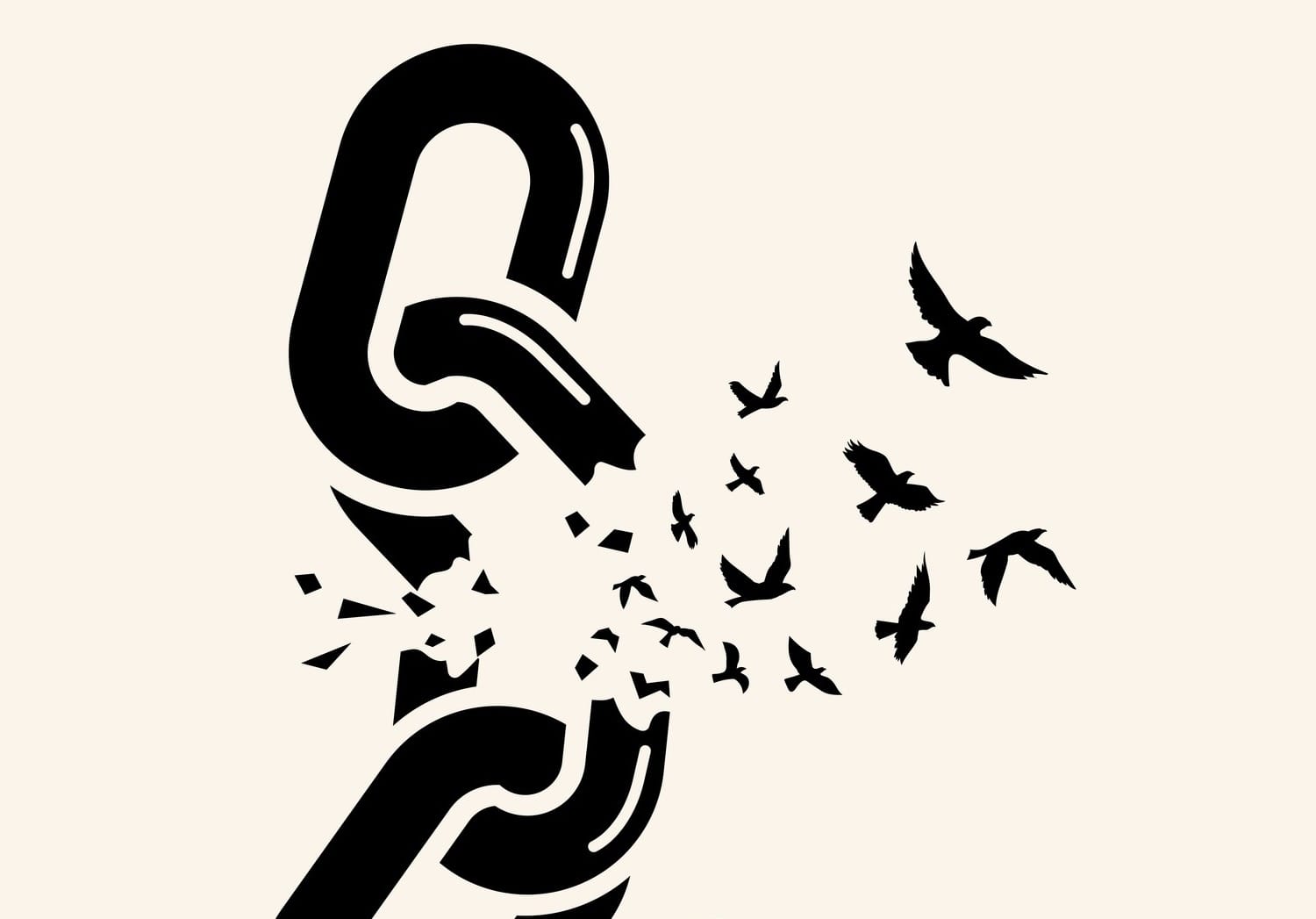
This Human Rights Day, under the global theme “Our Rights, Our Future, Right Now”, Southeast Asia stands at a critical juncture to address deeply rooted inequalities shaped by migration, gender, and systemic injustice.
Human rights, as a transformative and protective force, empower individuals and communities to envision and build a more peaceful, equitable, and sustainable world.
Southeast Asia’s dynamic migration landscape reveals a complex tapestry of vulnerabilities and strengths. Millions cross borders seeking opportunity, safety, and a better future, yet their journeys are often shadowed by marginalisation, exploitation, and exclusion.
Advancing human rights in this context requires integrating the frameworks of intersectionality and reflexivity—concepts that not only underpin critical scholarship but also provide actionable pathways for justice and equity.
The gendered realities of migration
Migration in Southeast Asia is profoundly gendered, with women comprising a significant portion of the workforce in sectors such as caregiving, domestic work, and agriculture.
These roles, essential yet undervalued, are frequently marred by low wages, inadequate protections, and heightened exposure to abuse.
Migrant domestic workers in countries like Singapore and Malaysia, primarily women from Indonesia and the Philippines, often endure isolation and exploitation under restrictive employer regulations.
Similarly, Thailand’s seafood industry highlights the intersection of gender, economic vulnerability, and migration status, as women and men alike are subjected to trafficking and forced labour.
As explored in my book, Single Mothers in Thailand: Women, Motherhood, and Going it All Alone, the systemic undervaluation of women’s labour—whether within families or in migration contexts—reflects deeply entrenched patriarchal norms. Addressing these injustices demands gender-sensitive policies that prioritise equity and dignity.
Intersectionality: Illuminating compounded injustices
Kimberlé Crenshaw’s concept of intersectionality provides a critical lens for understanding how overlapping identities—such as gender, ethnicity, and migration status—compound vulnerabilities. In Southeast Asia, migrant women face discrimination that is not only gendered but also racialised and xenophobic.
For instance, Rohingya refugees from Myanmar encounter severe ethnic persecution compounded by gender-based violence in host countries like Malaysia and Thailand. Similarly, migrant domestic workers are often reduced to stereotypes: Filipina women are labelled as “commodified caregivers,” while Indonesian workers are stigmatised as inferior or subservient.
Human Rights Day is observed annually around the world on 10 December.
People in #Myanmar have totally lost their #HumanRights since the unconstitutional military coup in 2021 Feb.
🤝Stand in solidarity with us. 🤝
This year's theme is "Our Rights, Our Future, Right Now" and… pic.twitter.com/YYLZVVSHX0— CRPH Myanmar (@CrphMyanmar) December 5, 2024
In Engendering Migration Journey: Identity, Ethnicity, and Gender of Thai Migrant Women in Hong Kong, I argued for an intersectional approach that centres justice and equity while resisting the reification of marginalised identities. Recognising the complex interplay of power structures is essential to dismantling systemic discrimination and advancing human rights.
Reflexivity: Rethinking human rights as a pathway to justice
Critical reflexivity challenges state-imposed categories that perpetuate exclusion, such as the labels “illegal immigrant” or “bogus refugee.” These terms dehumanise individuals and obscure the systemic barriers they face.
In Malaysia, undocumented migrants are criminalised, detained in inhumane conditions, and denied their fundamental rights. Refugees in Thailand often face precarious legal statuses that leave them vulnerable to exploitation and marginalisation. Reflexivity pushes us to move beyond the binary of “migrant” and “citizen,” advocating instead for policies that prioritise humanity and justice.
Advancing justice through human rights
Integrating intersectionality and reflexivity into migration policies is not merely theoretical but a pressing human rights imperative. Southeast Asian governments must take concrete steps, including:
- Legal protections: Ensure equal labour rights and establish pathways to residency for migrants. For instance, allowing domestic workers to live outside their employers’ homes can safeguard their autonomy and dignity.
- Inclusive narratives: Combat xenophobia through public campaigns that highlight migrants’ economic, cultural, and social contributions. Education plays a pivotal role in fostering empathy and inclusion.
- Empowering women migrants: Develop gender-sensitive policies to address workplace harassment, gender-based violence, and economic inequality.
- Regional collaboration: ASEAN must move beyond symbolic declarations to implement actionable frameworks that hold member states accountable for human rights violations.
Our rights, our future — right now
As Volker Türk’s vision statement, Human Rights: A Path for Solutions, underscores, human rights are not just legal principles but transformative forces that address humanity’s greatest challenges.
This campaign seeks to inspire collective action by showcasing the tangible impact of human rights in addressing issues such as migration, gender inequality, and systemic injustice.
On this Human Rights Day, let us reject binaries and hierarchies that divide us. Instead, we must embrace intersectionality and reflexivity as tools to reimagine a world where human rights are universal, not contingent. By harnessing the full power of human rights as a pathway to solutions, Southeast Asia can lead the way in creating a more just and equitable future.
The time for change is not tomorrow—it is today. Our rights, our future—right now.





